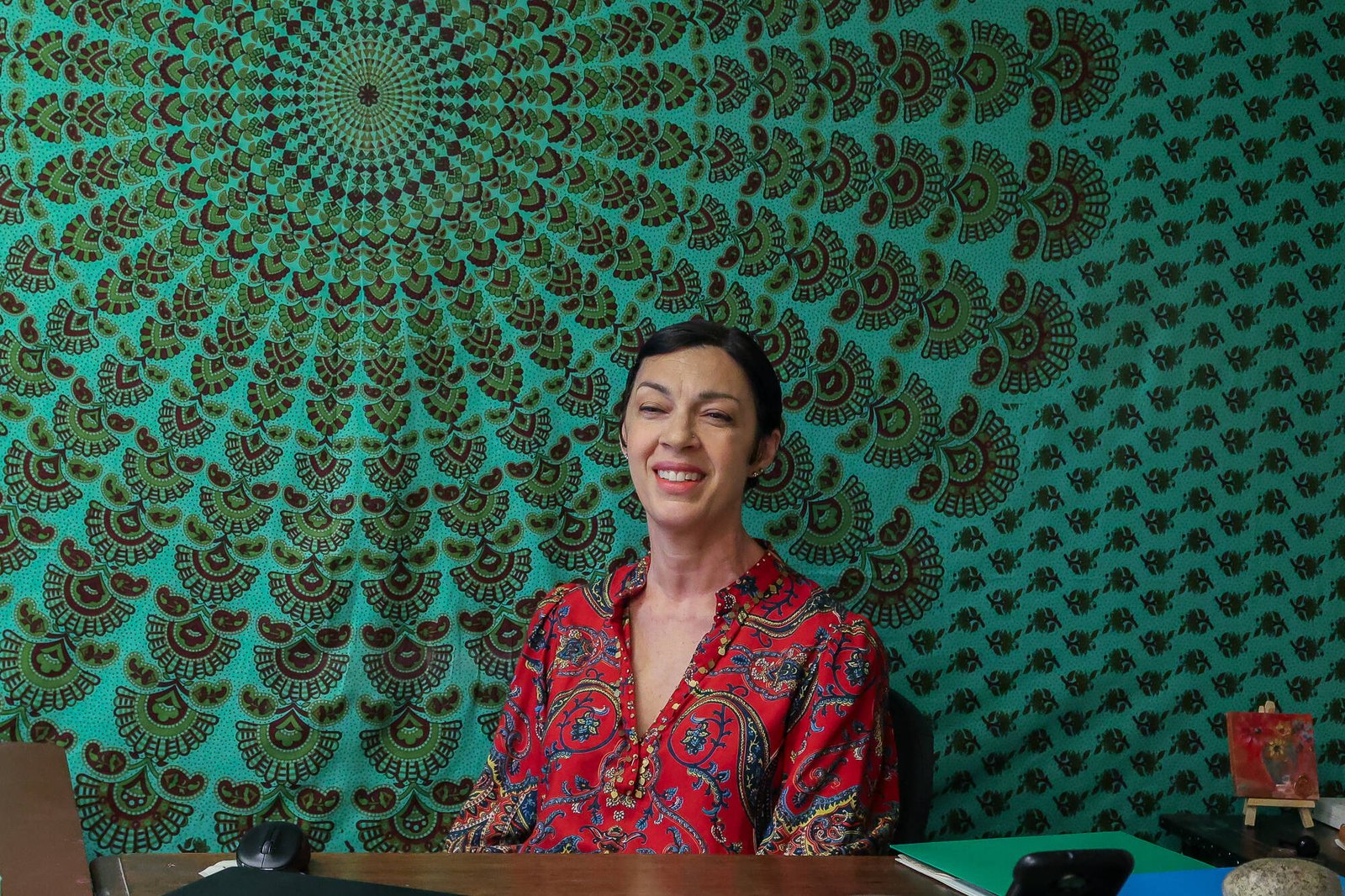When you first visit a hypnotherapist in South Whidbey, you’ll step onto a colorful rug in a cozy office, where tapestries and paintings of the nature world hang on the walls and pillows are placed in the corners.
In the back room, there’s a yellow recliner that hypnotherapist Jenna Alexander calls the “Happy Chair,” and behind it hangs a photograph of the brand’s trademark dewdrops falling from a leaf.
The session begins with a conversation: Alexander gets to know your goals and maps out a path to get there.
“We work with emotions,” she said, “and because it’s so emotional, we start to change patterns of thinking and belief.”
Like a guided meditation, Alexander will lead you into a relaxed, suggestible state where you will no longer be distracted by focus and will begin to be transformed over time by your emotional guidance.
Dew Drop Hypnotherapy opened in Freeland about 10 years ago. Alexander said her work began after she suffered a serious illness. Through self-hypnosis, she was able to become emotionally at ease with her physical sensations.
“It’s something I’ve always been drawn to – visualization, manifestation, imagining, talking to yourself in a certain way,” she said. “I understood it on a deep level and found it to be a very effective form of healing for people.”
When patients sit in the Happy Chair, they find that ideas and feelings emerge as fresh as fresh morning dew, she says.
She says hypnosis is not like it’s often portrayed in the movies: You can’t control the patient, and you can’t hypnotize them against their will.
“I’m not doing this to you,” she said, “you’re doing it to yourself.”
Alexander said it was unfortunate that films portrayed people as being brainwashed, as it prevented people from understanding the power of their mind to control their emotions and their lives.
Unlike stage hypnosis, she says, hypnotherapy is a gentle, subtle process. The patient is put into a relaxed state, and the critical mind that blocks the subconscious is cleared away. At this point, the patient is able to access deeper parts of themselves. With Alexander’s guidance, patients are encouraged to visualize, feel, and visit information and memories in new ways.
The experience is similar to a flow state, the feeling of being engrossed in your work or a good book. Many people liken hypnosis to a placebo, but Alexander says placebos have immense powers.
“Your beliefs are a huge part of who you are,” she said. “What you believe, what you embrace, what you embody, how you walk, how you speak, how you act – that is your reality. When your beliefs change, to some extent, your reality begins to change.”
She said the reasons for seeking hypnotherapy are many and varied: patients may want to overcome fears, change bad habits or explore their subconscious.
“It really helps reduce anxiety, it changes neural pathways, it changes the way you think, believe and feel,” she said. “It’s pretty powerful stuff.”
Some people may be a little resistant at first, but that resistance fades after a few sessions, she said.
Alexander said he has seen incredible transformations in his work – people who had smoked three packs a day for 50 years quitting, and people who had been depressed and withdrawn starting to enjoy life again.
“Whatever,” she said. “Habits have been broken. Patterns are always changing here.”
If you want to immerse yourself in the world of hypnotherapy, Visit dewdrophypno.com.


